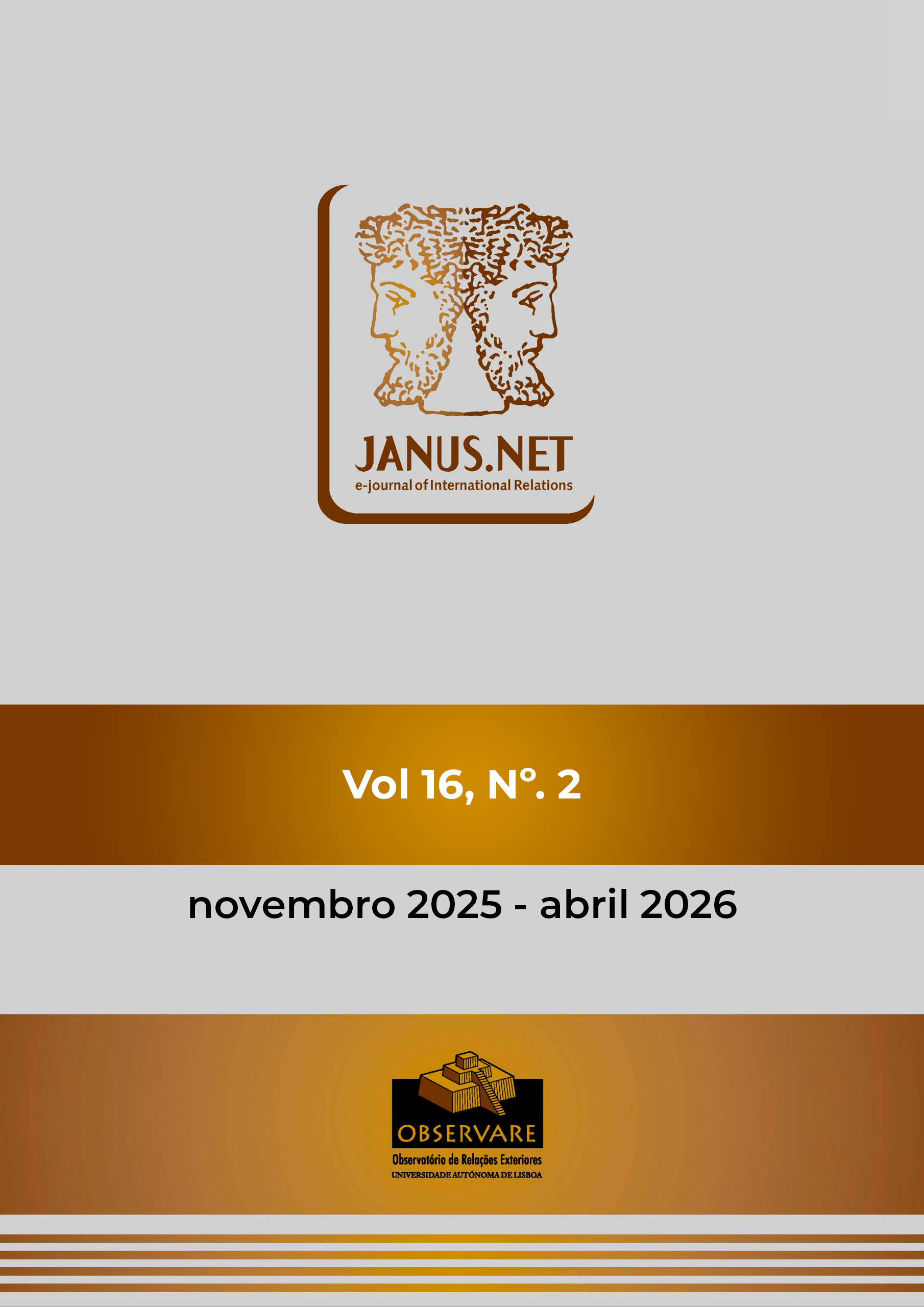THE BREAK IN RUSSIAN–AMERICAN RELATIONS: ANALYZING THE DIPLOMATIC TRAIL TO THE IRAQ WAR
DOI:
https://doi.org/10.26619/1647-7251.16.2.11Keywords:
Russian foreign policy, Iraq War, UN Security Council, diplomacy, Russian-American relationsAbstract
This study is an attempt to analyze the diplomatic course to the Iraq War and the divergence in Russian-American relations with a focus on diplomatic activities in January, February and March 2003. To this end, the article discussed Russia’s opposition to the use of military force with reference to its evolving foreign policy doctrine and, more specifically, its long-standing and complex relations with the Baath regime in Iraq. Following this discussion, the article argued that this opposition originated from realistic concerns, domestic pressure and doctrinal differences. In this way, it was argued that Kremlin’s diplomatic gestures tilted towards multilateralism, non-intervention and the UN Security Council as mechanisms that could secure its interests. However, the review of statements from the Russian president and diplomats suggested that they were careful not to harm Russian-American relations. Therefore, Russia benefited from the anti-war consensus at the UN because it increased the cost of unilateral military action and prevented a direct diplomatic confrontation with Washington. Following these arguments, it was also concluded that the outcome of this diplomatic prelude was an early sign of multipolarity in the 21st century.


